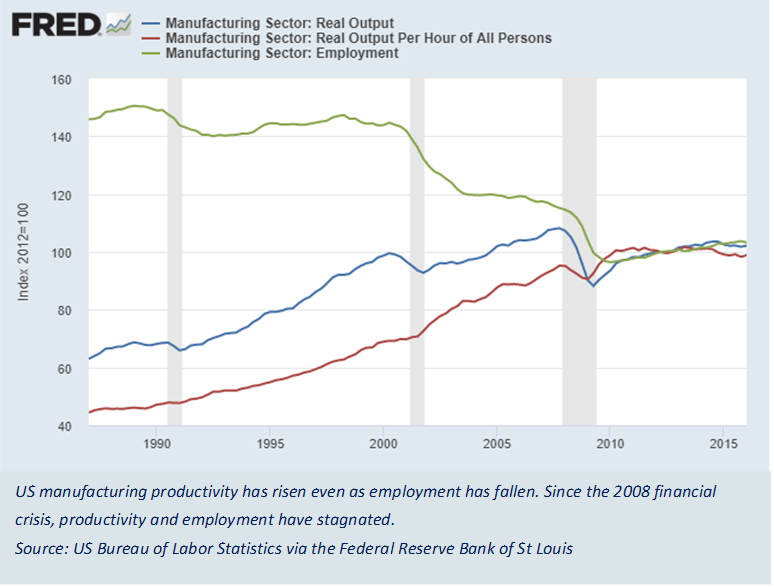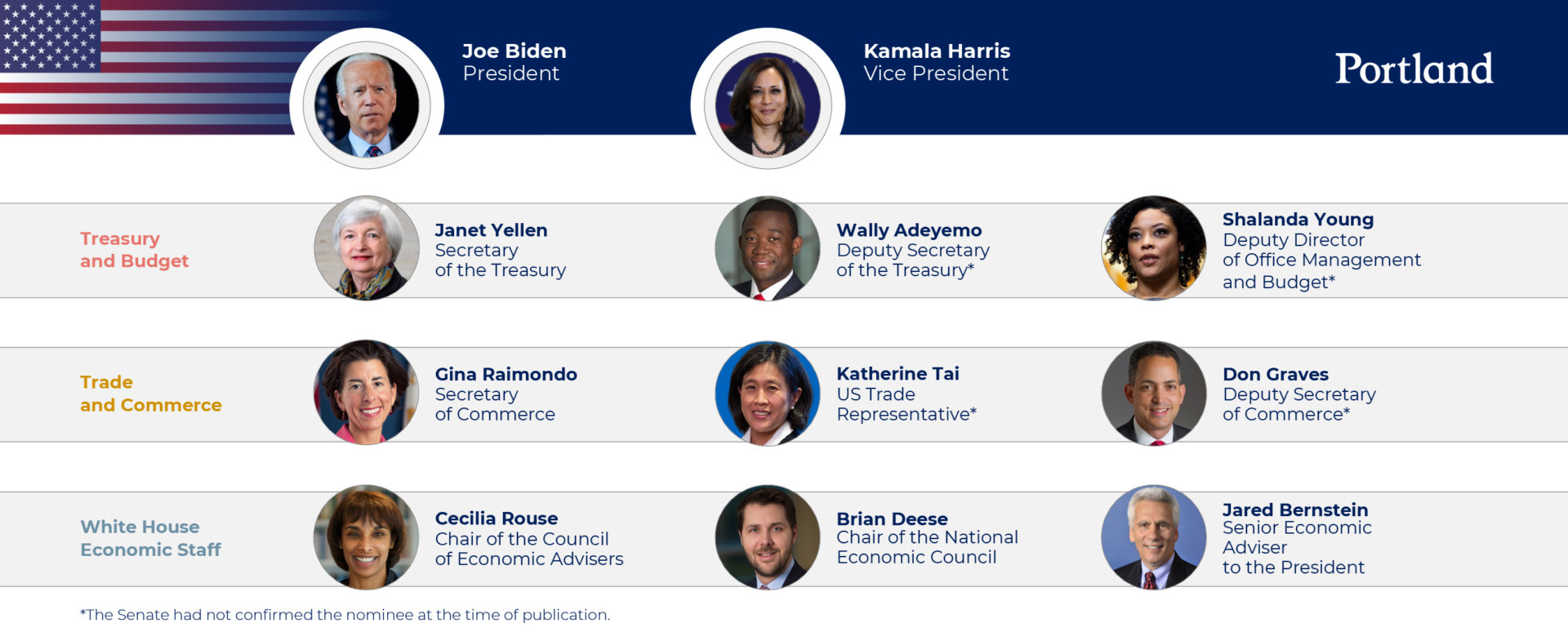The COVID-19 pandemic exposed several weaknesses in America’s supply chains for critical supplies such as masks and PPE. President Joe Biden signed an executive order that directed all cabinet secretaries to review potential vulnerabilities in their supply chains. One area of focus is semiconductors. A combination of COVID-19 related cuts, and Trump-era trade policies has led to US car manufacturers, which are predominantly based in the politically pivotal state of Michigan, facing a severe shortage of microchips. Chips are the figurative glue that holds the computer hardware industry together, and while America designs them, most manufacturing of chips is done elsewhere, primarily in Taiwan. Biden’s review could be the first step in onshoring the manufacture of semiconductors.

The review by Biden’s cabinet secretaries could lead to policy changes if further critical weaknesses are revealed. Support for government investment to boost domestic manufacturing is bipartisan. An industrial policy, where government provides direct financial support to key industries, has support from progressive Democrats like Senator Elizabeth Warren (D-MA), and Republicans such as Senator Marco Rubio (R-FL). In addition to creating jobs in States that were particular hard-hit by the collapse in US manufacturing, industrial policy has the benefit of providing supply chain security in critical goods.

National Security Adviser Jake Sullivan has spoken of the need to blend national security and domestic policy so that it helps the middle class; Biden’s industrial policy would meet this objective. Bringing critical manufacturing back to the US could provide job security domestically and make the US less vulnerable to international economic shocks. Biden may have the voters on his side. It’s an open question as to whether the economic strategy will pay dividends.

